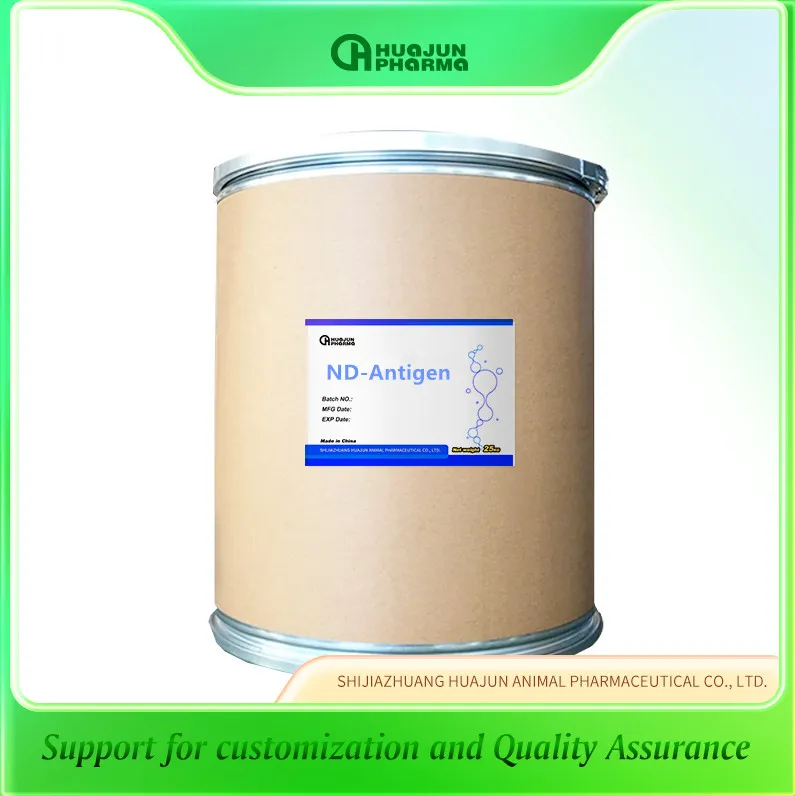
Sep . 23, 2024 03:09 Back to list
coccidiosis in chick factories
Coccidiosis in Chick Factories Understanding and Management
Coccidiosis is an infectious disease caused by protozoan parasites known as Eimeria, which significantly affects poultry, particularly chickens in commercial operations or “chick factories.” This disease poses a considerable threat to the health of flocks, leading to reduced growth rates, poor feed conversion, and, in some cases, increased mortality. Understanding the nature of coccidiosis and implementing proper management strategies are critical for poultry producers.
The lifecycle of Eimeria involves several stages, beginning with the oocysts that are shed in the feces of infected birds. These resilient spores can survive in the environment for extended periods, making them easily transmissible to healthy birds. When ingested, the oocysts release sporozoites that invade the intestinal lining, causing damage and resulting in clinical symptoms such as diarrhea, weight loss, and dehydration. In severe cases, coccidiosis can lead to intestinal hemorrhage and death, particularly in young chicks.
Preventing coccidiosis in chick factories starts with maintaining a clean and dry environment. Regular cleaning and disinfection of the housing and equipment are essential to reduce the load of oocysts in the environment. Good management practices, including proper stocking densities and avoiding over-crowding, can also significantly reduce stress and minimize the risk of disease outbreak.
coccidiosis in chick factories

Another effective approach is the strategic use of coccidiostats, which are medication added to rations that inhibit the development of Eimeria. These can be used both in preventive measures and during outbreaks. However, careful consideration must be given to the development of resistance and the overall health impact of prolonged use. Therefore, integrating coccidiostats with other management practices is advisable.
Vaccination is another emerging tool for combating coccidiosis. Live attenuated vaccines containing specific Eimeria strains are available and can stimulate immunity in the flock. By exposing birds to non-pathogenic strains of the parasite early in life, producers can establish a more robust immune response that helps protect against future infections.
Monitoring and regular health assessments of the flock are crucial for early detection of coccidiosis. Symptoms should not be ignored, as prompt intervention can mitigate losses. Implementing these preventive and management strategies can lead to healthier flocks and improved production efficiency in chick factories.
In conclusion, coccidiosis remains a significant challenge in poultry production, but by adopting a comprehensive approach that includes environmental management, strategic medication, vaccination, and vigilant monitoring, poultry producers can effectively manage this disease, ensuring better health and productivity in their flocks.
-
Enterococcus Faecalis Mold Remover - Leading Manufacturers & Suppliers, Trusted Factories
NewsJul.05,2025
-
Premium Color-Enhancing Fish Feed Leading Manufacturer & Supplier Factory
NewsJul.05,2025
-
High-Quality Porcine Toxoplasmosis Solutions - Trusted Manufacturers & Suppliers
NewsJul.05,2025
-
Premium Immune Enhancement Products Trusted Manufacturer & Supplier Factory Solutions
NewsJul.04,2025
-
Top Hemoglobinuria Manufacturer & Supplier Reliable Hemoglobinuria Factory Solutions
NewsJun.24,2025
-
Premium Honeysuckle Products - Leading Honeysuckle Manufacturer & Supplier Factory
NewsJun.10,2025




